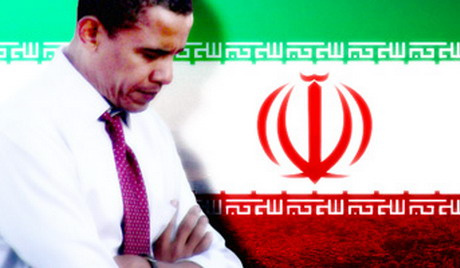AIPAC Imposing Its Agenda

By: Mohammad-Farhad Koleini
AIPAC is intensifying its efforts in regards to Iran’s nuclear issue and is still responding to Iran’s negotiations by imposing its logic. Furthermore, AIPAC views the nature of Iran’s diplomacy as one of buying time and reducing costs to the country.
In the past, the US government presented different arguments regarding the impact of Iran sanctions on energy prices; while aiming to pursue Iran’s nuclear issue based on their own agendas. It seems that Iran’s nuclear program has turned into a publicity topic for the American presidential campaigns.
On the other hand, negotiations solely based on the nuclear issue without considering Iran’s regional developments are questionable and vague. Essentially, conducting dialogue over Iran’s nuclear program in isolation will not yield a desirable outcome.
Currently, the West is implementing a dual-track policy of pressure and negotiations. Sanctions on Iran are not only aimed at Iran’s nuclear activities but also intended to create social changes inside the country. This communicates the West’s intention of a gradual abolition of Iran’s regime.
In this environment, AIPAC is seeking to reinforce pressure, highlight the crisis and emphasize the threats to Iran. There is no doubt that the West is seeking to turn Iran sanctions into a case of concern for the country. Their aim is to affect Iran’s foresight by creating several issues of concern for the country simultaneously. This, however, will not bring about any further collaboration and will only increase uncertainty.
On the one hand the West is seeking to limit Iran’s options, and on the other is expecting Tehran to overlook its national interests. Independently, sanctions and negotiations are not new topics; yet a situation is created where negotiation is expected to advance with no regard to regional developments and the increased pressure on Iran. Naturally, the approach that the West is following is not an effective and efficient method to reach a balanced agreement.
Indeed, as some other countries agree, Iran’s nuclear issue has no other solution but negotiations. Pressure-politics and one directional analysis of interests are ineffective and will eventually lead to pushing Iran toward ambiguity and negativity. The loser of this setting is already known, and there will be no winners.
It can be speculated that a part of US policy regarding Iran depends on the country’s domestic politics and the presidential election process, while the US also maintains a worrisome outlook toward Iran. Due to repeated sanctions, Iran’s economy has turned to the negative, and such measures promote a national consensus in Iran.
At this point, Iran essentially needs to anticipate the outcome of the upcoming Geneva and Istanbul dialogues. As these negotiations finalize, what will be the best and worst outcomes? Effectively, if these negotiations fall in the same vein as before, the results will not be favorable for Iran and once again the issues will be left inconclusive.
Iran is aware that the second wave of the financial crisis has resulted in new developments within the P5+1. America’s behavior in the past months to geopolitically isolate China; its outlook on Russia (especially with its presidential election approaching in March); as well as new collaborations within the EU countries; Britain and France’s fiscal policies, and Germany’s effort to keep up with regional geopolitical developments wholly become arguments that need to be addressed coherently in order to effectively evaluate Iran’s new position. Therefore, it cannot be assumed that the P5+1 will come to a majority agreement over policies with Iran.
Iran should pay even more attention in upcoming negotiations and use bright logic to ensure that a common interest for all sides is reached. During a recent meeting of Iranian ambassadors, Chief Nuclear Negotiator Saiid Jalili insisted on the importance of innovative tactics. Therefore, choosing the best time and place for negotiations to reverse the threatening language over Iran should be formulated in advance. Furthermore, the P5+1 should know that engaging in political showmanship does not necessarily produce successful solutions.

